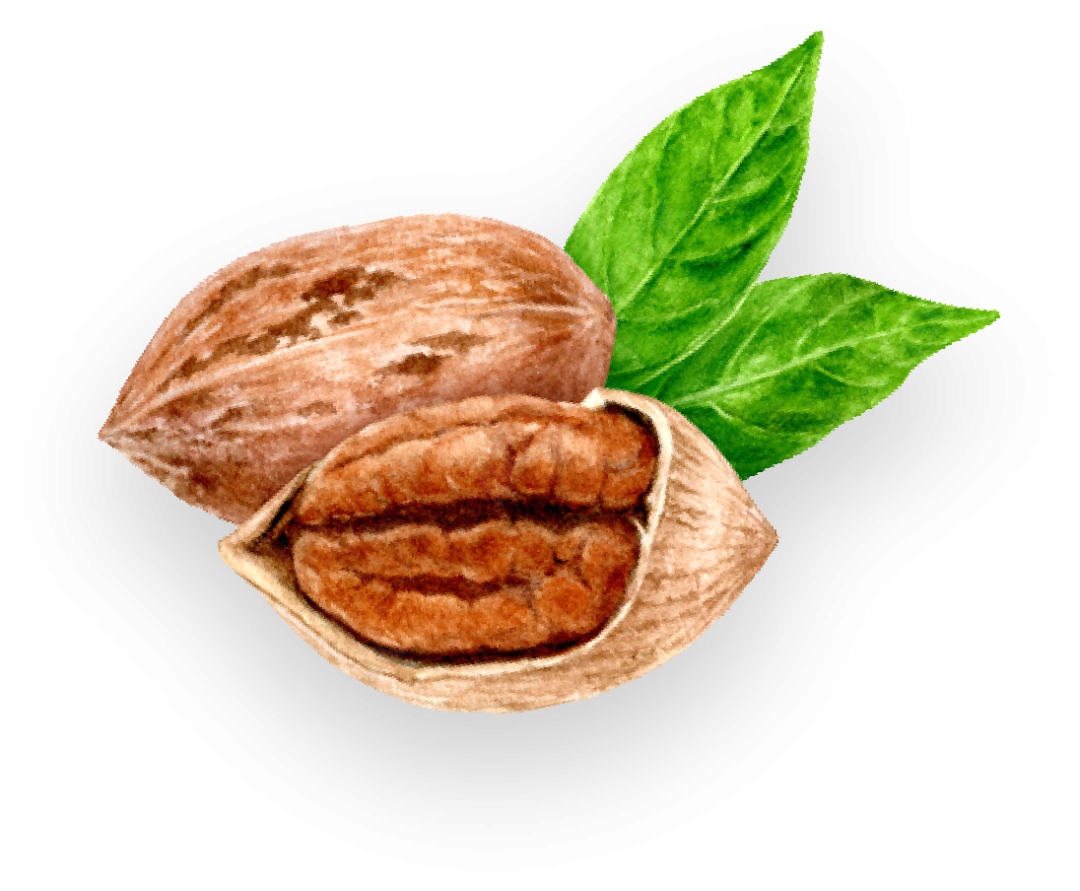
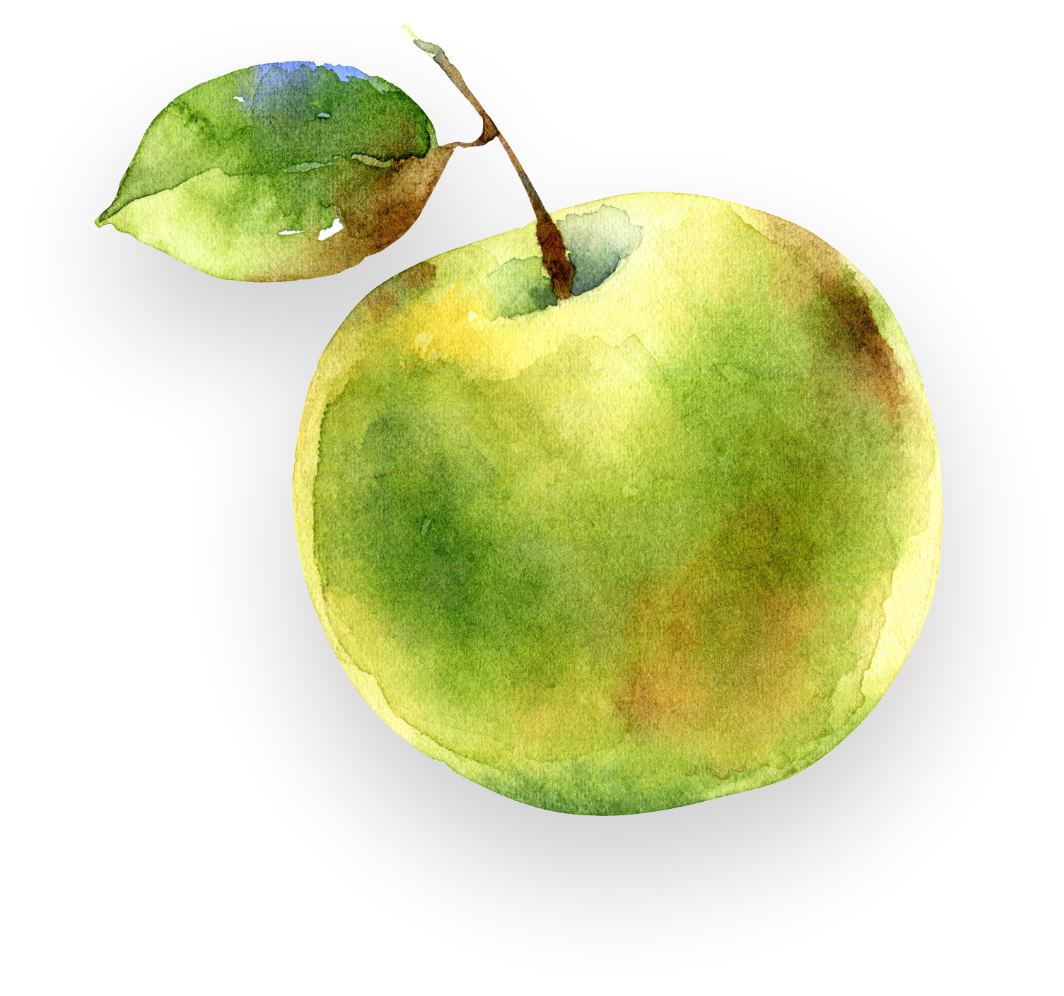



Green apple, pecan nut and cane sugar
light body
The acidity is balanced.
The mouthfeel is soft and elegant.
The flavors are very nice and sweet.
Marysabel is a full-blooded farmer who has again done a wonderful job with this coffee.
Super clean was gearteitet in processing and you can tell with every sip.
An espresso that is very pleasing and captivates with its nuances! Green apple, pecan nut, cane sugar but also milk chocolate and citrus are facets of this coffee.
As a filter, it is subtle and unexciting but with addictive potential.
This coffee is wonderfully sweet and is a coffee for any occasion.
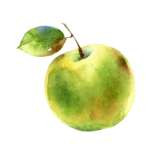
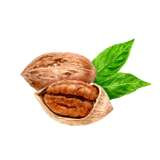
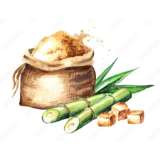

Total extraction time: 2min 40sec
Extraction time: 28sec

Here are two possible suggestions how to extract the Caballero.
Have fun watching and trying it out!
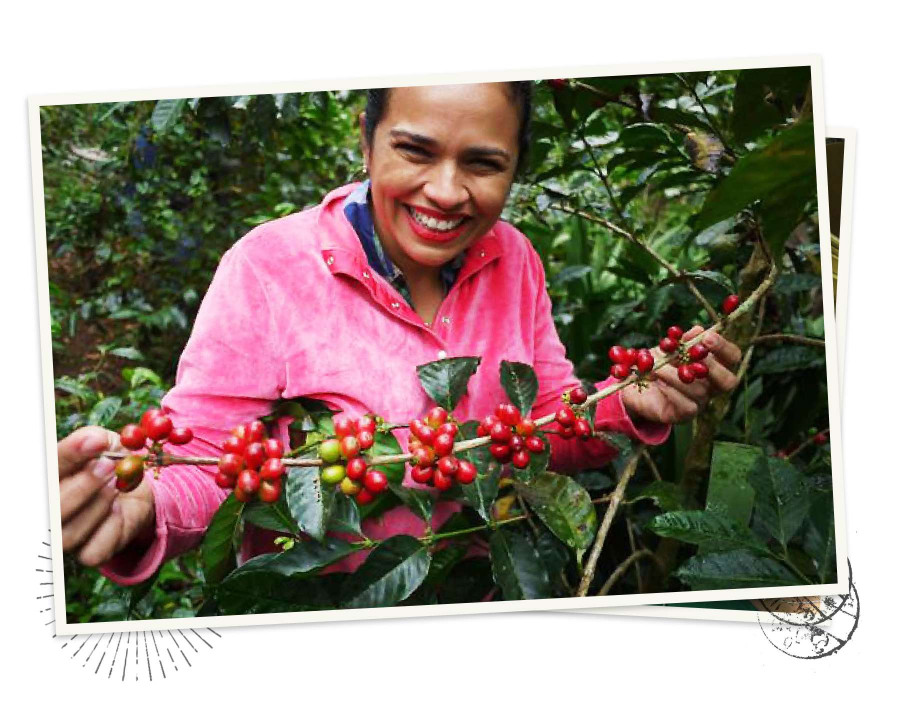
The Caballero coffees are named after Marysabel Caballero, although actually both Marysabel and her husband, Moises Herrera, create these beautiful coffees. Moises always lovingly says that it is Marysabel who is the star. It's no surprise when you meet Marysabel, she is warm and charming and together they are some of the most genuine and endearing people.
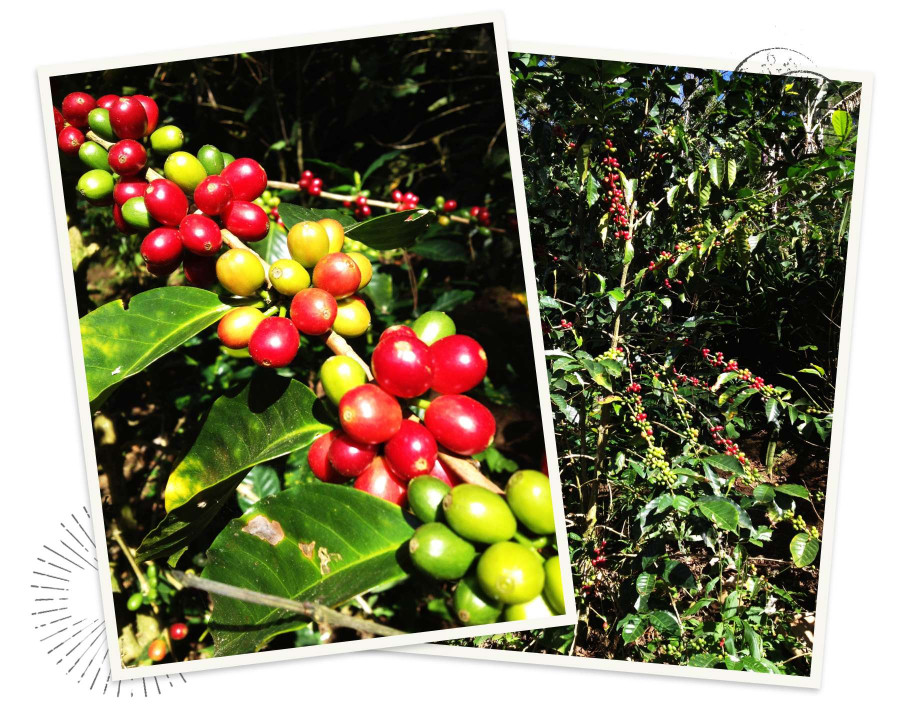
The family has many small to medium farms in Marcala, in southeastern Honduras. They are all located around their beneficio (wet mill) Xinacla. It is a central mill where they deliver the cherries from each farm and process the coffees. Normally they keep the production of each farm separate, but if the volume of the daily harvest is too low, they can combine the harvest from different farms. They call these blends "Caballero", without an additional name.
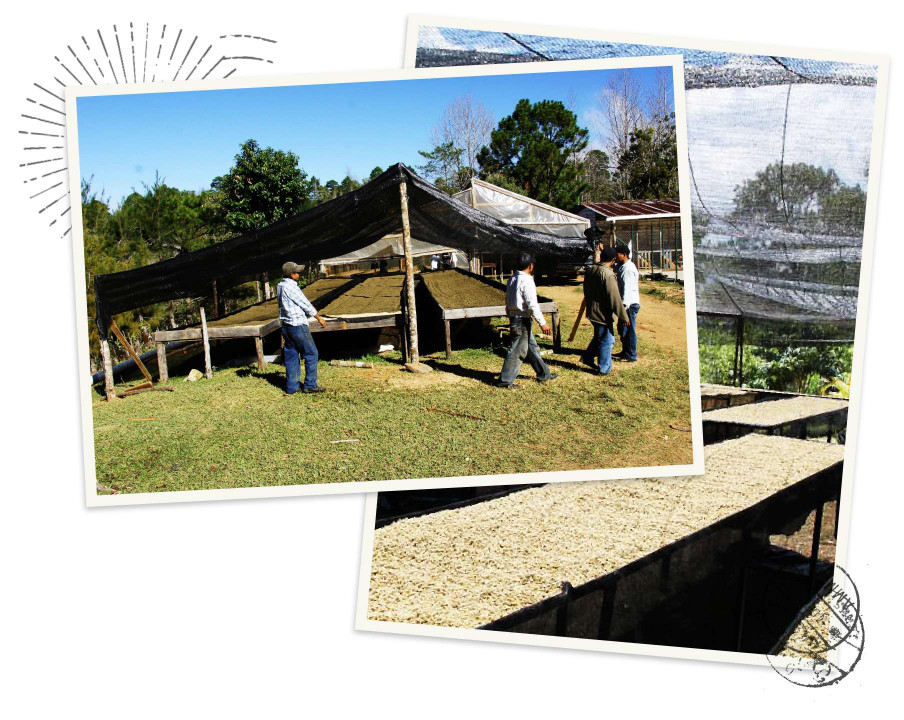
The quality can easily compete with coffees from a single block or farm, but it is blended to create slightly larger lots.
Marysabel and Moises are very concerned with sustainable practices in cultivation and milling. They have been very successful in producing quality coffees and have helped improve the reputation of quality Honduran coffees.